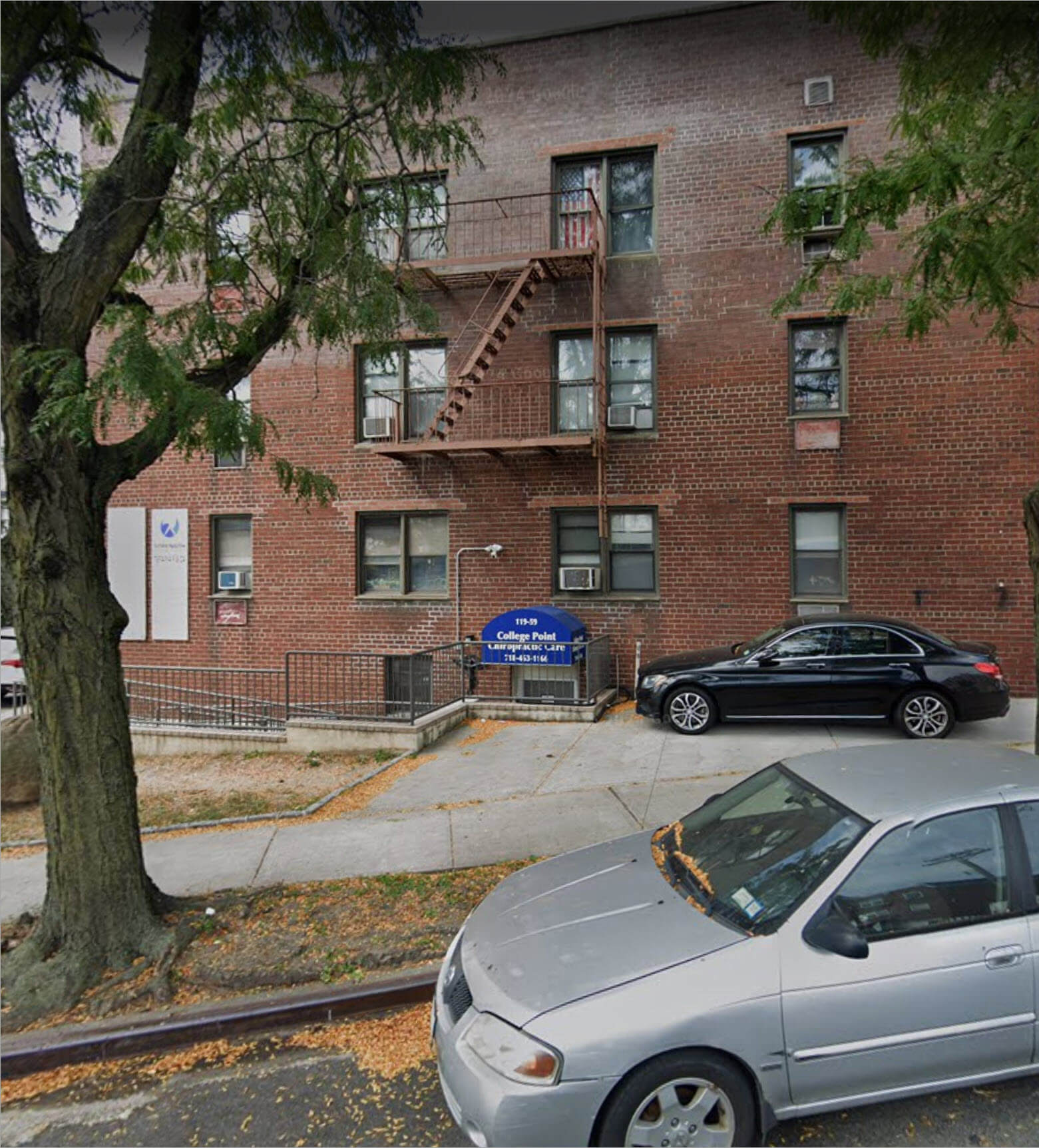
Navigating Car Accident Injuries
Car accidents, often severe and unexpected, can lead to a variety of injuries that range from minor to life-threatening. Understanding the common injuries sustained in car accidents and their appropriate medical treatments is crucial for immediate and long-term care. This blog will guide you through the most frequent accident injuries, effective treatments, and practical advice for recovery.
Head and Brain Injuries
Traumatic Brain Injury (TBI) and Concussions

Head injuries, including traumatic brain injuries and concussions, are prevalent outcomes of car crashes, often resulting from a sudden strike to the head, such as hitting the steering wheel or windshield. Symptoms of TBI can range from mild concussions with temporary confusion and headaches to severe brain damage with lasting cognitive effects.
Immediate Actions and Long-Term Treatments
Immediate medical attention is vital for any head injury. Initial treatment focuses on stabilizing the patient and reducing brain swelling. Long-term care may involve rehabilitation therapies and medication to manage symptoms. For milder cases like concussions, rest and gradual return to daily activities are recommended under professional supervision to monitor for any persistent or worsening symptoms.
Spinal Cord Injuries
Understanding Spinal Cord Damage
Spinal cord injuries are severe and can occur in motor vehicle accidents, particularly when there’s a high-impact collision. These injuries can result in partial or complete loss of motor functions and sensation below the injury site, significantly affecting long-term mobility and quality of life.
Treatment and Rehabilitation
Immediate treatment for spinal cord injuries includes stabilizing the spine to prevent further injury and reducing inflammation. Medical treatment typically involves surgery and medication. Long-term care encompasses physical therapy and rehabilitation to help regain as much function as possible. Advanced therapies, including occupational therapy and assistive devices, may be integrated into the patient’s recovery plan to aid adaptation to new lifestyle changes and enhance mobility.
Impact on Patients
Patients with spinal cord injuries may face extensive recovery periods and need to adjust their living spaces for accessibility. Continued medical care is crucial to managing ongoing health issues caused by the injury.

Whiplash and Neck Injuries
Causes and Symptoms of Whiplash
Whiplash is a common soft tissue injury resulting from car accidents, particularly rear-end collisions. It occurs when the head is abruptly jerked back and forth, stretching the neck muscles and ligaments beyond their usual range of motion. Symptoms can include neck pain and stiffness, headaches at the base of the skull, dizziness, and blurred vision.
Treatment Options
Immediate care often involves pain management and ice to reduce swelling. As symptoms persist, medical treatment may include physical therapy to strengthen neck muscles and improve flexibility. In more severe cases, cervical collars may support the neck as it heals. It’s crucial for individuals experiencing signs of whiplash to seek medical care promptly to prevent long-term damage.
Long-Term Care
Long-term effects can include chronic neck pain and reduced range of motion. Ongoing physical therapy and regular medical evaluations can help manage these issues effectively, ensuring that individuals regain their pre-accident quality of life.
Chest and Abdominal Injuries
Common Causes and Types of Injuries

In car accidents, the force of impact can cause serious chest injuries, including broken ribs and internal bleeding. These injuries often result from the body being thrust against the steering wheel or seatbelt. Abdominal injuries may involve damage to internal organs, which can be life-threatening if not treated immediately.
Immediate and Long-Term Medical Treatment
Immediate treatment involves assessing the extent of the injuries, often using imaging tests to determine the severity of internal damage. Treatment may include surgery to repair organ damage or broken ribs. Long-term care focuses on recovery and monitoring for potential complications such as infections or organ dysfunction.
Managing Pain and Recovery
Pain management is critical in the recovery from chest and abdominal injuries. Medical care teams often include pain specialists, surgeons, and other healthcare professionals to ensure that pain is effectively managed, allowing patients to participate in necessary rehabilitation activities.
Fractures and Orthopedic Injuries
Types of Fractures Common in Car Accidents
Car accidents often result in various fractures, with broken bones commonly occurring in the arms, legs, and ribs. The force exerted during a collision can cause bones to break in multiple places, which may require complex medical treatment.
Emergency Treatment and Orthopedic Care
Immediate treatment for fractures includes immobilization of the affected area and pain management. Emergency medical services at the accident scene are crucial in preventing further injury. Surgical intervention might be necessary to realign broken bones and place hardware to support healing.
Rehabilitation and Long-Term Recovery
After the initial treatment, rehabilitation is essential to regain strength and mobility. Physical therapy is significant in helping patients recover, function, and return to their daily activities. Regular follow-up appointments with orthopedic specialists ensure the healing process is on track and adjust treatments as needed.
Burns
Causes and Severity of Burns in Car Accidents
Burns in car accidents usually result from fires ignited by fuel leaks or hot surfaces. The severity can vary significantly, from first-degree burns, which affect only the outer layer of the skin, to third-degree burns, which can penetrate deep into the skin, causing severe damage and requiring intensive care.
Immediate Care and Medical Treatment
Immediate treatment for burns involves cooling the burn and covering it with a sterile, non-adhesive bandage to prevent contamination. It is crucial not to apply ice or creams to severe burns, as these can cause further damage. Hospitalization may be necessary for moderate to severe burns to provide burn care, pain management, and possibly surgery.
Long-Term Healing and Rehabilitation
Recovery from severe burns may include skin grafts and physical therapy to aid in healing and prevent loss of mobility in affected areas. Psychological support is also essential, as recovering from burn injuries can be both physically and emotionally challenging.
Lacerations and Soft Tissue Injuries
Understanding Lacerations and Soft Tissue Damages
Lacerations and soft tissue injuries are common in car accidents, occurring when occupants collide with interior car components or are struck by unsecured objects. These injuries can range from minor scrapes and bruises to severe cuts and tears requiring medical intervention.
Immediate Actions
Immediate treatment for lacerations involves cleaning the wound to prevent infection and applying pressure to control bleeding. Stitches or surgical repair may be necessary for more severe injuries to close the wound and promote proper healing.
Long-Term Care and Recovery
Soft tissue injuries like sprains and strains benefit from ice, rest, compression, and elevation in the initial stages. Long-term recovery might include physical therapy to restore function and prevent stiffness. Regular medical check-ups ensure healing progresses and any complications are addressed promptly.
Ensuring Comprehensive Care After Auto Accidents
Car accidents can lead to a range of serious injuries, each requiring specific and immediate medical attention to prevent complications and ensure the best possible recovery. From brain damage and spinal cord injuries to fractures and burns, the path to recovery involves timely and expert medical treatment supported by comprehensive rehabilitation efforts. Accident victims must seek specialized medical care immediately to address both physical and psychological impacts, such as post-traumatic stress disorder, ensuring a holistic approach to recovery.
Take Action: Get Expert Medical Help Today
If you or someone you know has been involved in a car accident, don’t wait to seek help. Contact InjuryDocsNow for expert medical care tailored to the specific needs of car accident victims. Our team is ready to support your recovery every step of the way.


Frequently Asked Questions About Car Accident Injuries
What immediate steps should I take following a car accident to ensure proper medical documentation?
After ensuring everyone’s safety and contacting emergency services, it’s important to document all injuries with photographs and detailed notes. Visit a healthcare provider as soon as possible, even if injuries seem minor, as some symptoms may appear delayed. This documentation is crucial for both medical and insurance purposes.
Can minor car accident injuries lead to long-term health issues?
Yes, even seemingly minor injuries like whiplash or soft tissue injuries can develop into chronic pain or other long-term health issues if not properly treated. Early and consistent medical evaluation and treatment are key to preventing complications.
What are the most effective treatments for traumatic brain injuries sustained in car accidents?
Treatment for traumatic brain injuries (TBI) depends on the severity. Generally, it includes stabilizing the patient to prevent further injury, reducing brain swelling, surgery if necessary, and long-term rehabilitation therapies to improve cognitive and motor functions.
How do I manage the emotional and psychological impact of being involved in a car accident?
It’s common to experience emotional and psychological stress after a car accident, including symptoms of PTSD. Seeking support from mental health professionals is crucial. Therapies such as cognitive behavioral therapy (CBT) can effectively address these challenges. Engaging in support groups where others share similar experiences can also be beneficial.
What legal considerations should I keep in mind after a car accident?
Consult with a personal injury attorney to understand your rights and obligations, especially if disputes about fault or the accident resulted in significant injuries. An attorney can help navigate the complexities of insurance claims and legal proceedings to ensure you receive appropriate compensation for your injuries and losses.





































